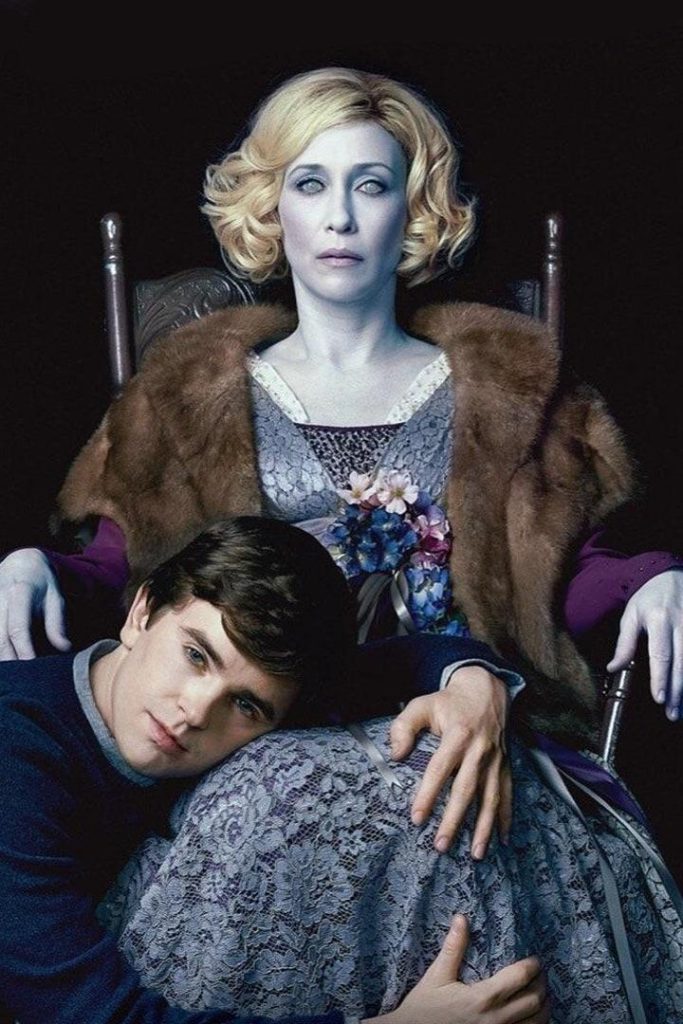In the dimly lit world of our living rooms, where stories flicker to life on the screens before us, television has become a powerful mirror reflecting the myriad facets of human experience. Among these reflections, mental health issues have increasingly taken center stage, sparking conversations and challenging perceptions. Yet, as these narratives unfold, a crucial question emerges from the shadows: Can TV shows depict mental health issues responsibly? This inquiry invites us to explore the delicate balance between storytelling and sensitivity, authenticity and artistic license, as creators navigate the complex landscape of mental health. Join us as we delve into the heart of this discussion, examining the power of television to shape understanding, dismantle stigma, and illuminate the often-misunderstood realm of mental well-being.
Portraying Reality: Navigating the Complexity of Mental Health on Screen
In recent years, the portrayal of mental health on television has become a significant topic of discussion, with creators striving to depict these issues with depth and authenticity. The challenge lies in balancing dramatic storytelling with factual representation. While some shows excel in illustrating the multifaceted nature of mental health, others risk perpetuating stereotypes or oversimplifying complex conditions. It’s crucial for writers and producers to collaborate with mental health professionals, ensuring that the narratives they craft are both engaging and educational.
- Research and Consultation: Engage with mental health experts to ensure accurate representation.
- Avoiding Stereotypes: Steer clear of one-dimensional characters that reinforce negative stereotypes.
- Nuanced Storytelling: Develop complex story arcs that reflect the diverse experiences of individuals with mental health conditions.
- Trigger Warnings: Implement content warnings to prepare viewers for potentially distressing scenes.
By incorporating these elements, television shows can play a pivotal role in shaping public perception and understanding of mental health, fostering empathy and awareness in audiences worldwide.

Balancing Drama and Sensitivity: Striking the Right Tone in Mental Health Narratives
Navigating the portrayal of mental health in television is a delicate balancing act that requires a nuanced approach. Striking the right tone is essential to ensure that narratives are both engaging and respectful. On one hand, drama can draw viewers in, making stories more compelling and relatable. On the other, there’s a risk of sensationalizing or misrepresenting mental health conditions, which can perpetuate stigma and misinformation. It’s crucial for creators to approach these topics with sensitivity, recognizing the real-life implications their portrayals might have on audiences.
To achieve a balanced representation, consider the following guidelines:
- Research and Authenticity: Engage with mental health professionals and individuals with lived experience to ensure accuracy.
- Avoiding Stereotypes: Steer clear of clichéd portrayals that reduce complex issues to simplistic tropes.
- Inclusion of Diverse Perspectives: Reflect a variety of experiences and voices to provide a more comprehensive view.
- Trigger Warnings: Implement content advisories to prepare viewers for sensitive material.
By thoughtfully integrating these elements, television shows can craft stories that resonate with authenticity while fostering a deeper understanding of mental health issues.

Consulting Experts: The Role of Professionals in Crafting Authentic Storylines
In the intricate tapestry of television storytelling, consulting experts plays a pivotal role in ensuring the authenticity of narratives, particularly when tackling sensitive topics like mental health. Engaging with professionals in psychology and psychiatry can offer invaluable insights, helping writers create nuanced characters and plotlines that resonate with viewers while respecting the complexities of mental health conditions. Experts provide guidance on the portrayal of symptoms, the impact on daily life, and the therapeutic processes, contributing to a more informed and empathetic representation.
By collaborating with professionals, creators can avoid common pitfalls and stereotypes, ensuring a more responsible depiction of mental health issues. This partnership can lead to the development of storylines that not only entertain but also educate and foster empathy among audiences. Consulting experts may involve:
- Workshops and seminars for writers and producers to deepen their understanding.
- Script reviews by mental health professionals to ensure accuracy and sensitivity.
- Ongoing dialogue throughout the production process to address any emerging concerns.

Beyond Stereotypes: Encouraging Nuanced Characters in Mental Health Depictions
In the realm of television, there’s a pressing need to move beyond the simplistic portrayals of mental health, which often rely on stereotypes that fail to capture the complexity of human experience. To truly resonate with audiences and foster a deeper understanding, characters with mental health issues should be crafted with nuance and authenticity. This involves showcasing the multifaceted nature of mental health, where individuals are not solely defined by their conditions but are seen as whole beings with diverse aspirations and challenges.
Creators can achieve this by considering several key aspects:
- Research: Conduct thorough research to understand the intricacies of specific mental health conditions.
- Consultation: Collaborate with mental health professionals and individuals with lived experiences to ensure accuracy and sensitivity.
- Complexity: Develop characters that reflect a spectrum of experiences, avoiding one-dimensional portrayals.
- Growth: Illustrate the character’s journey, highlighting both struggles and moments of triumph.
By prioritizing these elements, TV shows can contribute to a more informed and empathetic public discourse on mental health, encouraging viewers to engage with these issues thoughtfully and compassionately.









